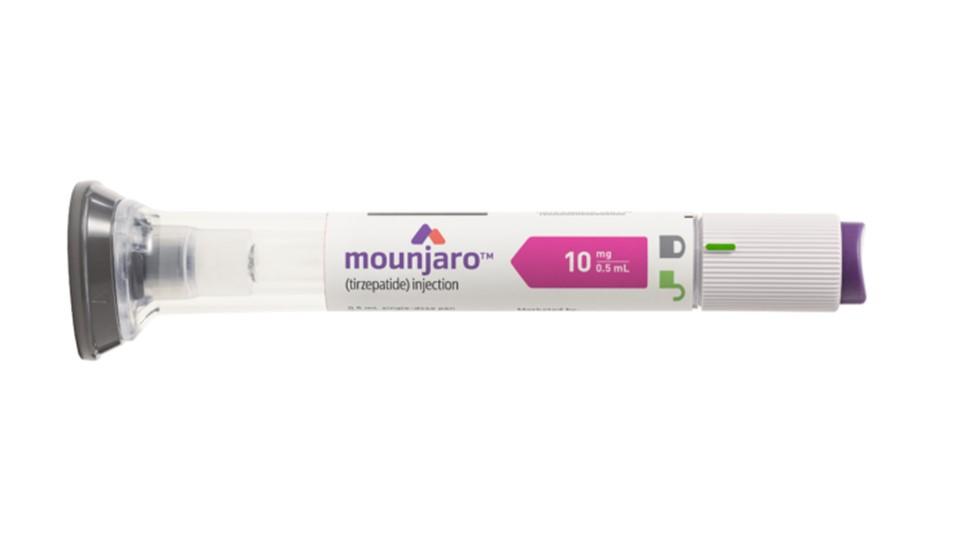NICE changes its mind on Lilly's Mounjaro for diabetes

Around 180,000 people with type 2 diabetes in the UK could be in line for treatment with Eli Lilly's Mounjaro after the drug was recommended for NHS use by cost-effectiveness overseer NICE.
Final draft guidance from the health technology assessment (HTA) agency recommends the dual GLP-1 and GIP agonist as an option alongside diet and exercise for patients whose type 2 diabetes is poorly controlled.
The positive assessment comes just a few weeks after NICE rejected Mounjaro (tirzepatide) in an earlier draft of the guidance on the grounds that it needed more evidence of the drug's clinical benefits and cost-effectiveness.
NICE said its appraisal committee changed its opinion after Lilly provided "additional analyses and modelling on clinical and cost-effectiveness" that wasn't available for its initial assessment.
Mounjaro was approved by the Medicines and Healthcare products Regulatory Agency (MHRA) last October for insufficiently controlled type 2 diabetes and is also being developed as an obesity therapy.
Lilly is hoping to position the once-weekly injectable as a later-line option for diabetic patients who have previously tried older GLP-1-targeting drugs. Those include Lilly's own Trulicity (dulaglutide) and Ozempic (semaglutide) from Novo Nordisk – both given by injection once a week – as well as Novo Nordisk's once-daily injectable Saxenda (liraglutide).
The guidance backs the use of Mounjaro only if triple therapy with metformin and two other oral antidiabetic drugs is ineffective, not tolerated or contraindicated, or they have a body mass index of 35 or more.
It is also an option for patients with a BMI below 35 with comorbidities who would likely have difficulties taking insulin therapy or would benefit from reducing their weight due to obesity-related complications.
According to Diabetes UK there are more than five million people living with diabetes in the UK, 90% of whom have the type 2 form.
It is estimated that almost two-thirds of type 2 diabetics are unable to control blood sugar effectively with current medications, putting them at risk of serious complications, including kidney disease, blindness, stroke, and heart attack.
"Our committee recognised the potential tirzepatide has to provide an effective and good value treatment option for all those living with poorly controlled type 2 diabetes," remarked Helen Knight, director of medicines evaluation at NICE.
"Poorly controlled type 2 diabetes […] is a huge challenge for those living with the condition and the NHS," she added. "This recommendation will offer fresh hope for many and provide value for money for the taxpayer."













